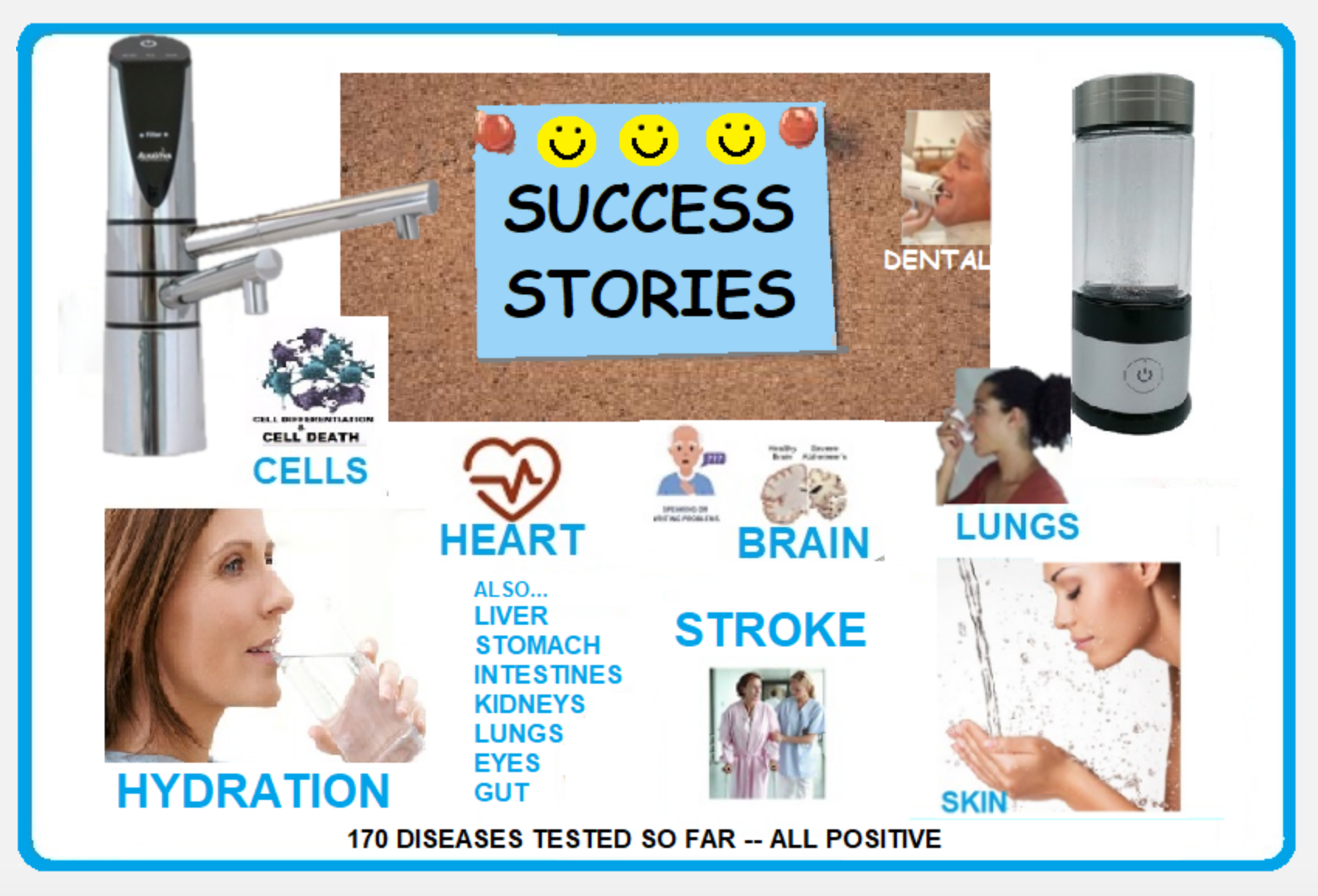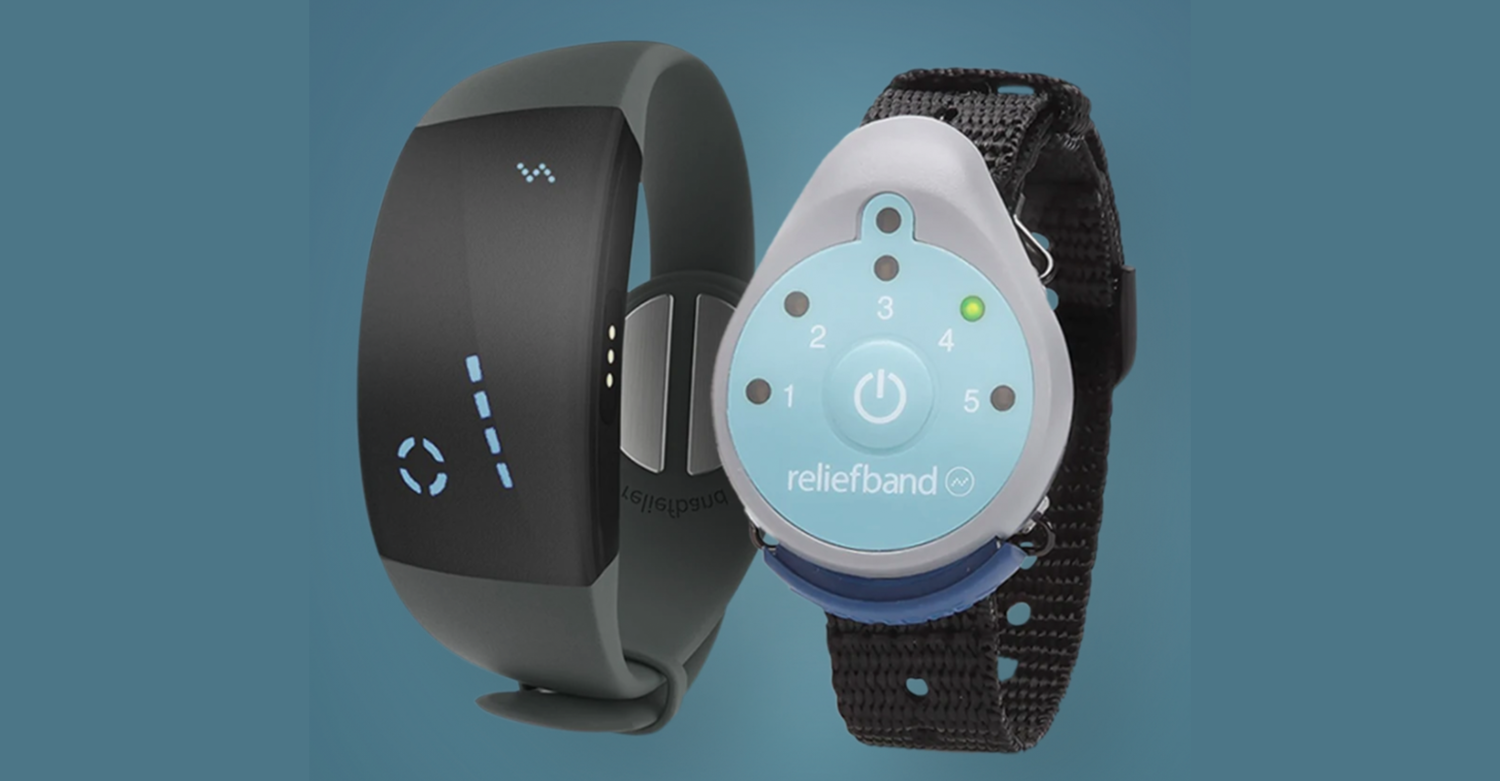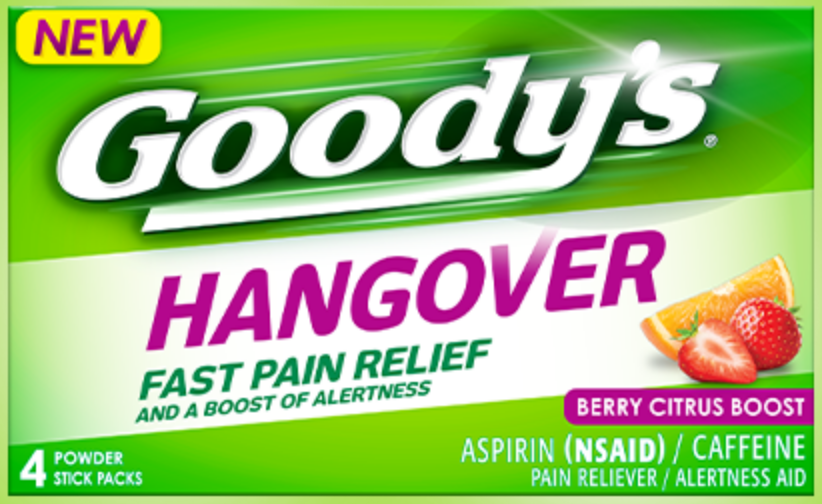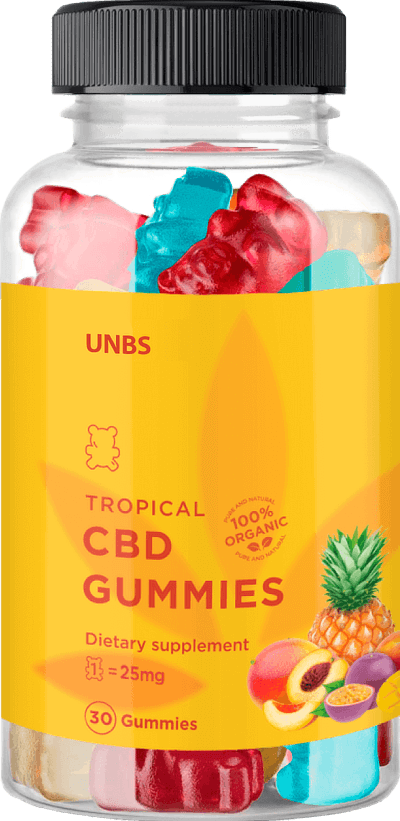
Alkaline Water Plus
Are there really any benefits to drinking alkaline water?
Fusing of "FDA cleared" and "clinically proven" claims has potential to mislead consumers.
In a way, Reliefband is the perfect product to be promoted in the middle a true crime podcast as its marketing should leave consumers with a lot of unanswered questions. Such as: What does it mean to be “FDA cleared”? And: “Clinically proven” according to whom?
“Reliefband is the No. 1 FDA cleared anti-nausea wristband that has been clinically proven to quickly relieve and effectively prevent nausea and vomiting associated with motion sickness, anxiety, migraines, hangovers, morning sickness, chemotherapy and so much more,” Crime Junkie host Ashley Flowers said in a Reliefband ad that aired during a recent episode of her weekly true crime podcast.
Seeing – or, for Crime Junkie listeners, hearing – “FDA cleared” and “clinically proven” in the same sentence may lead you to believe that the FDA has reviewed Reliefband and found it to be effective for the prevention and treatment of the health conditions listed above. This is not the case.
Let’s begin with what FDA cleared doesn’t mean: that Reliefband (which starts at $130) has been approved by the FDA following a rigorous review of the product’s safety and effectiveness. As what’s known as a Class II medical device, Reliefband isn’t even eligible for FDA approval, as the company itself explained to a Facebook user who raised concerns that people might confuse FDA cleared with FDA approved based on the language in a Reliefband Facebook ad. In addition to placing a checkmark next to “FDA Cleared,” the ad said Reliefband uses “clinically-proven FDA cleared technology.”
What ‘FDA cleared’ really means
All FDA cleared means is that Reliefband was able to show the FDA that its medical device is “substantially equivalent” to another product that the FDA has already given clearance. In terms of the level of FDA scrutiny, it’s a step above “FDA registered” or “FDA listed” in that Class I medical devices that are sometimes marketed with those terms are generally not subject to any premarket review. (On the other hand, Class III medical devices are subject to a strict review process and are the ones that are eventually known as “FDA approved” devices.) But as the company acknowledges, FDA clearance has more to do with safety than effectiveness.
“Our FDA clearance means that the Reliefband has been evaluated by the FDA and found to be completely safe for use!” Reliefband said in an email to TINA.org, in response to a request for comment for this ad alert.
So when Reliefband says its device is clinically proven to treat and prevent nausea and vomiting associated with a number of health conditions, those claims haven’t been approved by the FDA. (The FDA doesn’t approve marketing claims, nor does it approve companies.)
For its part, Reliefband told TINA.org it has “60+ clinical trials demonstrating the efficacy of the device,” which releases pulses that work with the body’s nervous system to “quiet and normalize” messages from the brain to the stomach, according to the company. A previous inquiry into Reliefband’s efficacy claims by the Electronic Retailing Self-Regulation Program (ERSP), which is part of the ad industry’s system of self-regulation, found that the company could support certain claims, including claims that the technology used by Reliefband, not the product itself, was “clinically proven.”
TINA.org asked Reliefband whether its clinical trials were randomized, double-blind, placebo-controlled studies. Rather than answer our question, Reliefband responded with a document dump. Though the company claimed to have more than 60 clinical trials showing the effectiveness of its device, it provided a link to a page that listed nearly 1,500 articles, without any indication which ones made up the “60+ clinical trials.”
Problematic testimonials
Reliefband does not link to any studies on its website. In lieu of studies, Reliefband directs visitors to testimonials for anxiety, chemotherapy, migraines and other health conditions that the company told TINA.org “demonstrate the effectiveness of our device.”
But here’s the thing about testimonials (which Reliefband also features on its Facebook page): In order to legally use them in marketing materials, they must be representative of the typical customer experience. And if they make medical treatment claims, they need to be supported by scientific evidence in the same way as if the company were making the treatment claims directly.
Also, while we’re on the topic of the Reliefband website, consumers don’t know what medical professionals have to say about Reliefband because a link to that page leads to nowhere.
The takeaway? Be wary of products marketed as both FDA cleared and clinically proven, as one has nothing to do with the other.
Read more about the differences between FDA cleared and FDA approved here.
Our Ad Alerts are not just about false and deceptive marketing issues, but may also be about ads that, although not necessarily deceptive, should be viewed with caution. Ad Alerts can also be about single issues and may not include a comprehensive list of all marketing issues relating to the brand discussed.
Are there really any benefits to drinking alkaline water?
What you need to know about this purported hangover remedy.
Spam email leads to a fake endorsement from Dr. Oz, among other celebrities.


